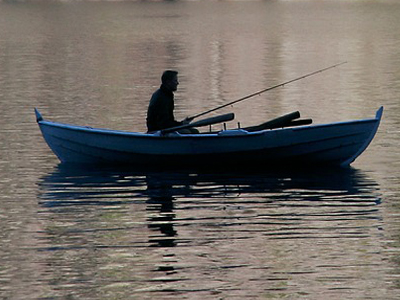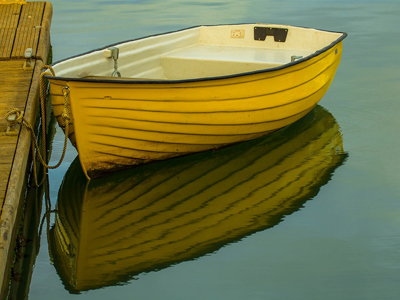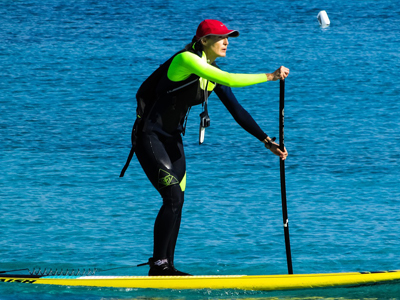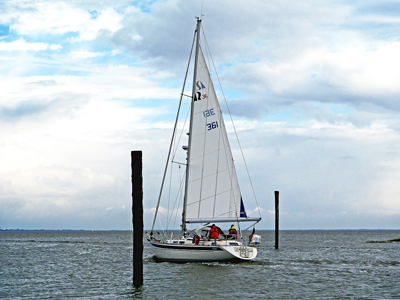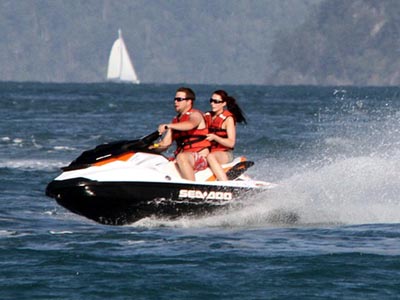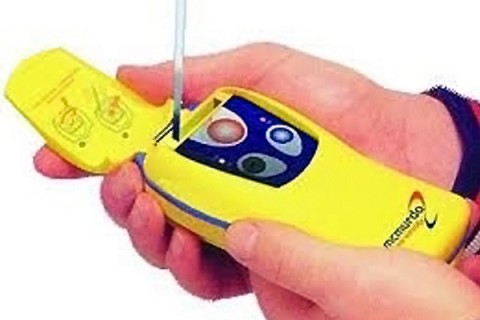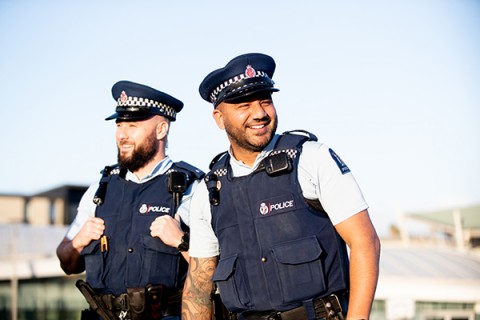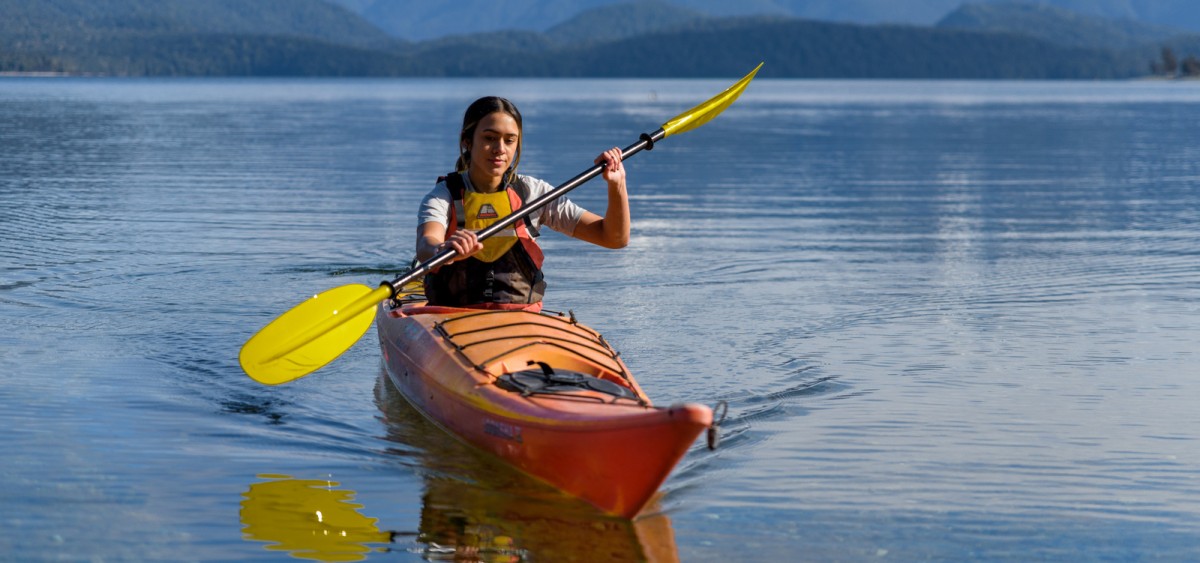
The Boating Safety Code
5 simple rules to help you stay safe while boating.
Download the Code
Click flag below to download pdf (print quality) or review on-screen, below:
1Lifejackets
Take them – wear them. Boats, especially ones under 6m in length, can sink very quickly. Wearing a life jacket increases your survival time in the water.
Lifejackets are so important for safety on the water. But did you know there are different lifejackets designed for different conditions? Making sure you have the right lifejacket for the type of activity, location, and condition as well as making sure that children are fitted with the right type and sized lifejacket will make all-the-difference if you find yourself in unexpected trouble.
Select the + on the right for two steps to selecting the right lifejacket:
2Communications
Take two separate waterproof ways of communicating so we can help you if you get into difficulties.
Being able to communicate with the Coastguard from your vessel is vital, especially if you get into trouble. Because you’re surrounded by water, there is always a risk of your communications devices getting wet, so they need to be waterproof. Always have two different forms of communication – if one doesn’t work, you need a different back-up option.
VHF radio and beacons are the best. Select the + on the right for more information.
3Marine weather
New Zealand’s weather can be highly unpredictable. Check the local marine weather forecast before you go and expect both weather and sea state changes.
There is a seperate forecast just for marine weather. The conditions can change quickly on the water and being prepared for these changes is really important. MetService provides the marine forecast, which is typically quite different from the towns and cities forecast, even if the location you intend to boat in, is nearby.
Select the + on the right for advice on how to check the marine forecast.
4Avoid alcohol
Safe boating and alcohol do not mix. Things can change quickly on the water. You need to stay alert and aware.
Drinking alcohol can make seemingly simple tasks - like being able to remain balanced on a moving boat - much more difficult, because it deteriorates coordination and balance, decision making and the body’s ability to react. This puts you at an increased risk of falling, and if you fall into the water, it puts you at an increased risk of drowning, too.
Alcohol effects everyone differently, but no matter who you are, alcohol is directly absorbed into the blood stream and drinking it faster than your body can process it increases your blood alcohol levels. Even if you think you ‘feel fine’, increased blood alcohol weakens your airway protection reflexes, which means you’re more likely to inhale water quickly if you fall in, too. Alcohol in your bloodstream results in a decreased concentration of blood going to your brain and your muscles, which reduces your ability to hold your breath underwater, affects your muscle coordination and can impact your reaction time in the water, too.
Select the + on the right for more about boating and alcohol.
5Skipper responsibility
The skipper is responsible for the safety of everyone on board and for the safe operation of the boat. Stay within the limits of your vessel and your experience.
The skipper is the “captain” on a boat in the water, and in New Zealand that makes them responsible for the safety of everyone on board.
a skipper should know before heading out.


